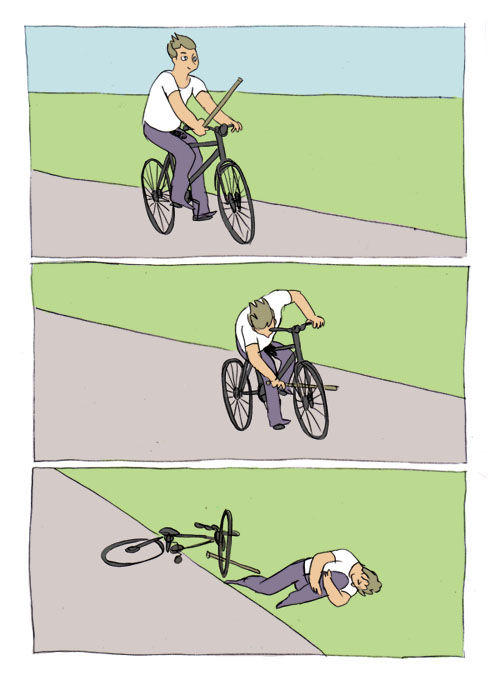MarkMe2525
Banned
To start, I recognize my thread title is hyperbole.
I just got through watching an interview of Steve Jobs from 1981. At this point in time, the personal computer market was in its infancy. To most people, computers where these monolithic platforms that were used for business, science, and warfare. Of course, with the rise of the Apple II, the tides of change were apparent. In this discussion they talk about the future potential for computer use in everyday life.
Naturally, they immediately went to areas where the computer would complement the enrichment of education, arts, entertainment, and music. Of course, these things have came to pass, but they were oblivious to the strain that these machines would put onto our society. As all tools, they can be used to supplement our ability to create, but also destroy. I wonder if this was the inevitable outcome. Can we pinpoint a time where we "went left instead of right" or do all roads lead to Rome?
To those who are interested, here is the interview.
I just got through watching an interview of Steve Jobs from 1981. At this point in time, the personal computer market was in its infancy. To most people, computers where these monolithic platforms that were used for business, science, and warfare. Of course, with the rise of the Apple II, the tides of change were apparent. In this discussion they talk about the future potential for computer use in everyday life.
Naturally, they immediately went to areas where the computer would complement the enrichment of education, arts, entertainment, and music. Of course, these things have came to pass, but they were oblivious to the strain that these machines would put onto our society. As all tools, they can be used to supplement our ability to create, but also destroy. I wonder if this was the inevitable outcome. Can we pinpoint a time where we "went left instead of right" or do all roads lead to Rome?
To those who are interested, here is the interview.

